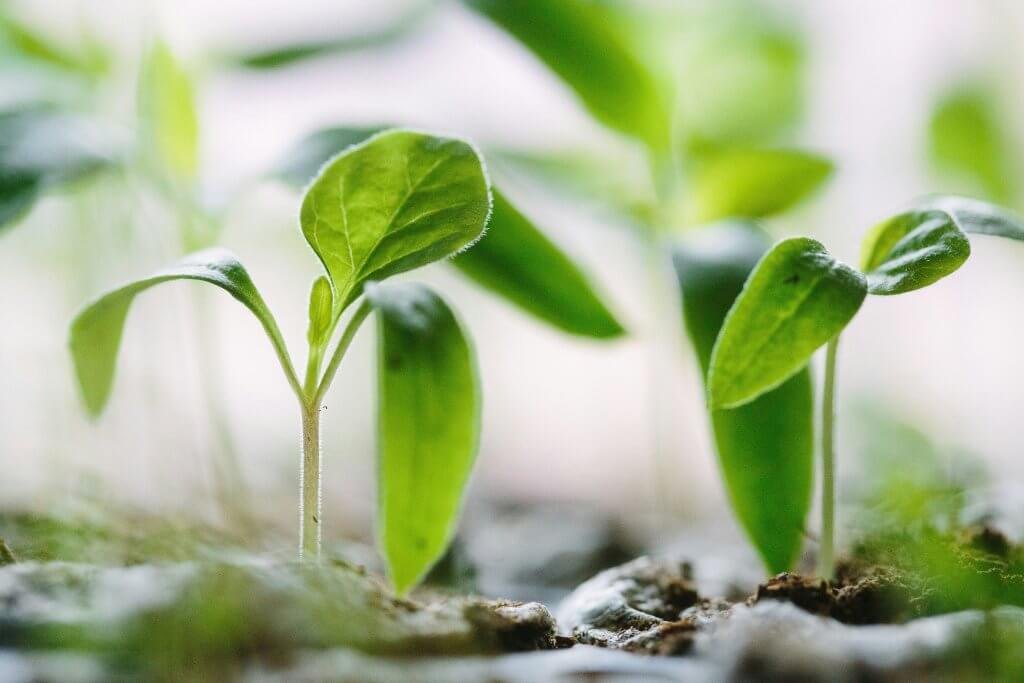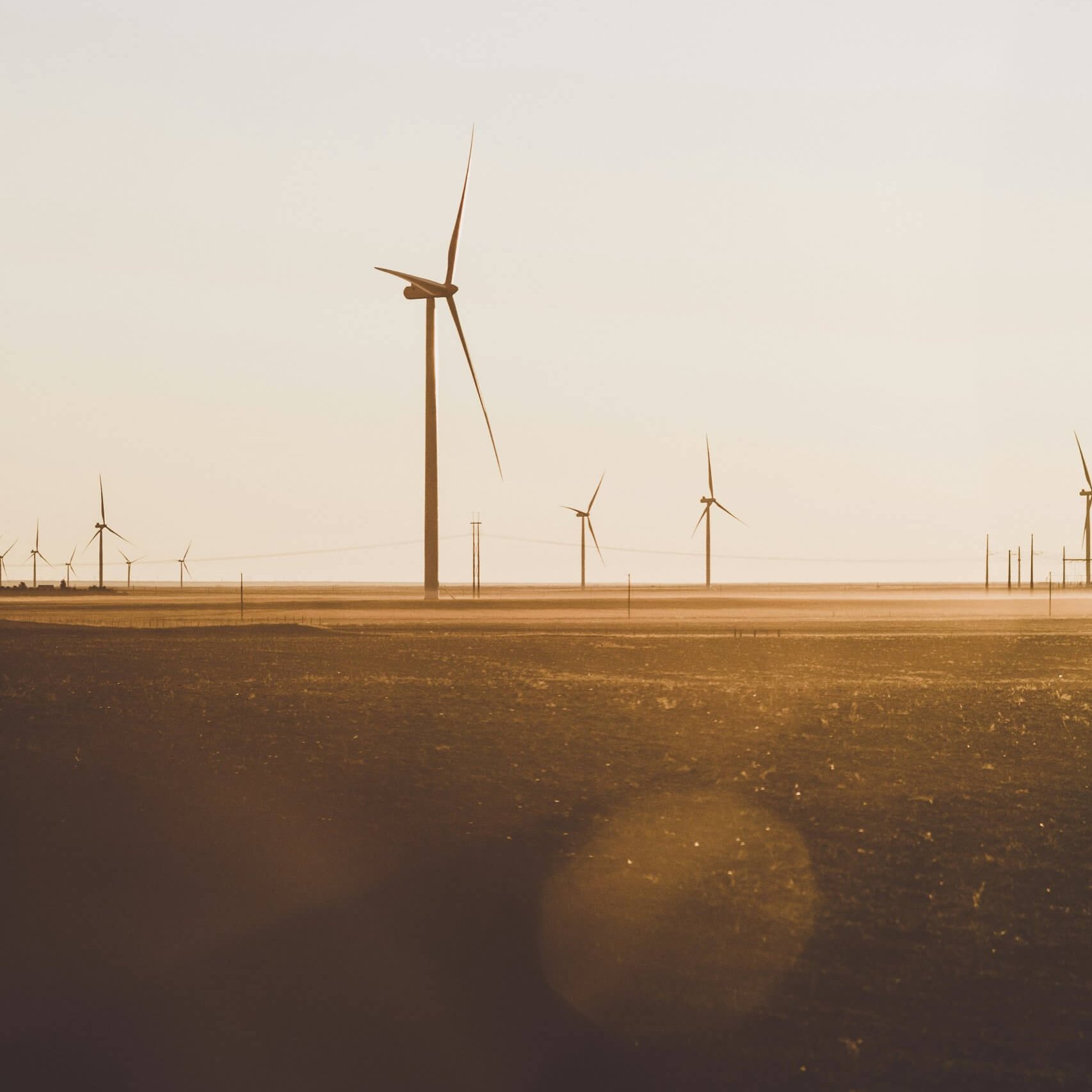
The world seems to be moving faster every day, with technological advances and trends overtaking us at breakneck speed. In this context, one topic is inevitably becoming increasingly important: sustainability.
The concept of sustainability stems from the fact that natural resources are limited and can therefore be depleted. This in turn has an impact on the quality of life on our planet. The United Nations defines sustainability as the ability to fulfil the needs of the present without compromising the ability of future generations. A sustainable society must therefore be socially responsible and focus on protecting the environment and the dynamic balance between human and natural systems. However, despite a clear definition, the implementation of this concept remains a challenge.
Today we want to remind you of some tips on how we can all do our bit in everyday life.
The theory of social conformity describes that people tend to adapt their opinions and actions to those of others, especially when they are in social groups. As a company whose values are characterised by innovation, courage and responsibility, one goal is to use this theory within the Falkensteiner community in a positive sense. Every guest should come into contact with the topic of sustainability in order to understand why it is also important to treat our resources with care when on holiday.
Trying to save our planet is a challenging and sometimes daunting task, especially because many of us feel we are too small a cog in this fight. But even if just one person/family questions and actively changes their way of life, we can make progress. Change starts with small steps that add up to significant actions over time – both in thought and action.
It is important to think about what we can do on a daily basis. These are often things we take for granted.
For example, we can reduce our plastic consumption. Instead of buying water in disposable bottles, we can switch to reusable bottles. The flavour remains the same, but the change we make is invaluable. Waste separation is another factor that is easy to implement. Speaking of waste: not everything we throw away is a case for the bin.
There are exciting DIY ideas for upcycling; friends at clothes swap parties, needy people in social institutions or second-hand shops such as Humana, which support development projects with the proceeds from the clothes sold, are happy to receive our discarded clothes. We can also take a closer look at our own shopping behaviour in the course of this and make less use of fast fashion. We can also opt for cloth bags when shopping, switch to natural cosmetics or choose household utensils made from alternative materials.

Especially now that summer is approaching, we can practise saving energy. This includes switching off electronic devices when not in use (keyword: charger!), using natural light during the day and using energy-saving light bulbs. If you have the opportunity, you should also support renewable energies by choosing energy suppliers that rely on renewable sources such as solar or wind energy.
It is definitely possible to be more conscious about our water consumption. Turn off the water while brushing your teeth and shampooing your hair, only switch on the washing machine when it is almost full and use the dishwasher instead of washing up by hand – yes, that really does save water.
Promoting sustainable mobility by using public transport (including for regional holidays), walking, cycling or carpooling is one way of reducing greenhouse gas emissions associated with transport. Not travelling short distances by plane is just as important as keeping the frequency of long-haul flights low in your own holiday planning. If you have to go halfway around the world, it pays to stay for three weeks instead of one, taking in neighbouring countries or islands. Of course, you will have to save longer, but logistically and environmentally speaking, long-haul holidays are ideally utilised in this way – and you still save on air fares within a continent at the end of the day.
However, the biggest factor in terms of CO2 emissions is actually livestock farming and our diet. The aim is to eat less meat in order to protect animals, the environment and our health. A plant-based diet causes only a fraction of the emissions and also requires fewer resources. Minimising food waste by planning meals and only buying what we really need also helps the planet.
Sure, our tips are certainly not new to you, but sometimes we have to take a look at ourselves and remind ourselves of the simple basics. These small steps can make a significant difference! Are you in?
Be inspired by destinations that invite you to dream, receive selected insider travel tips and benefit from exclusive offers tailored to your interests. Become part of our community and subscribe to the Falkensteiner newsletter!


